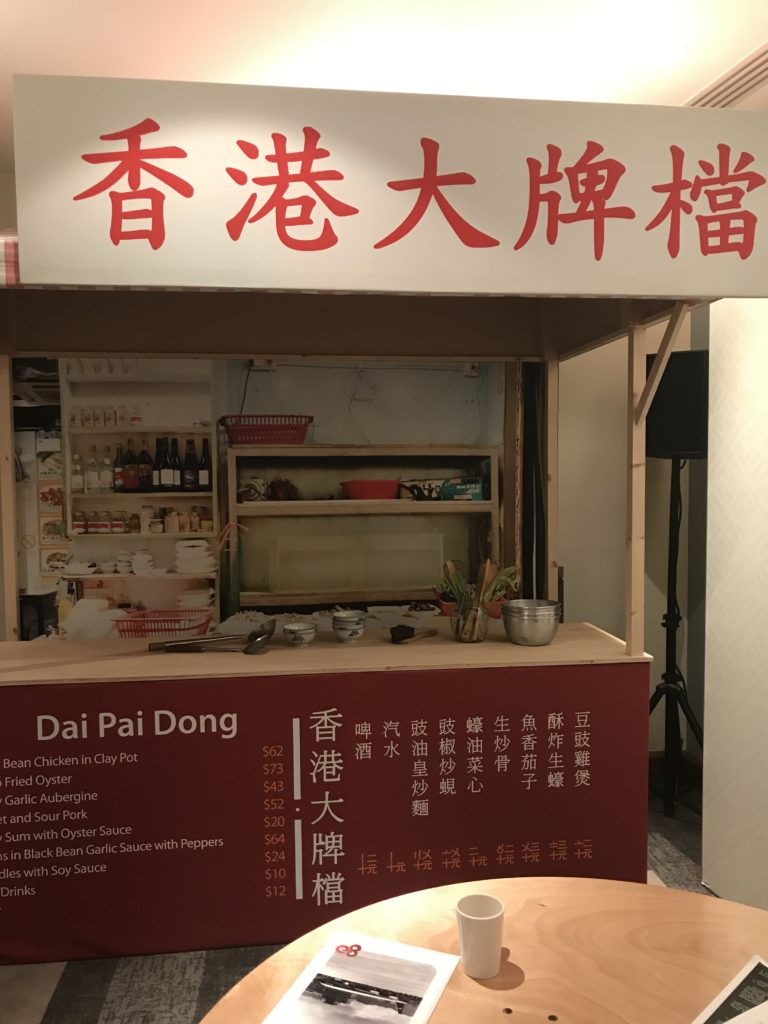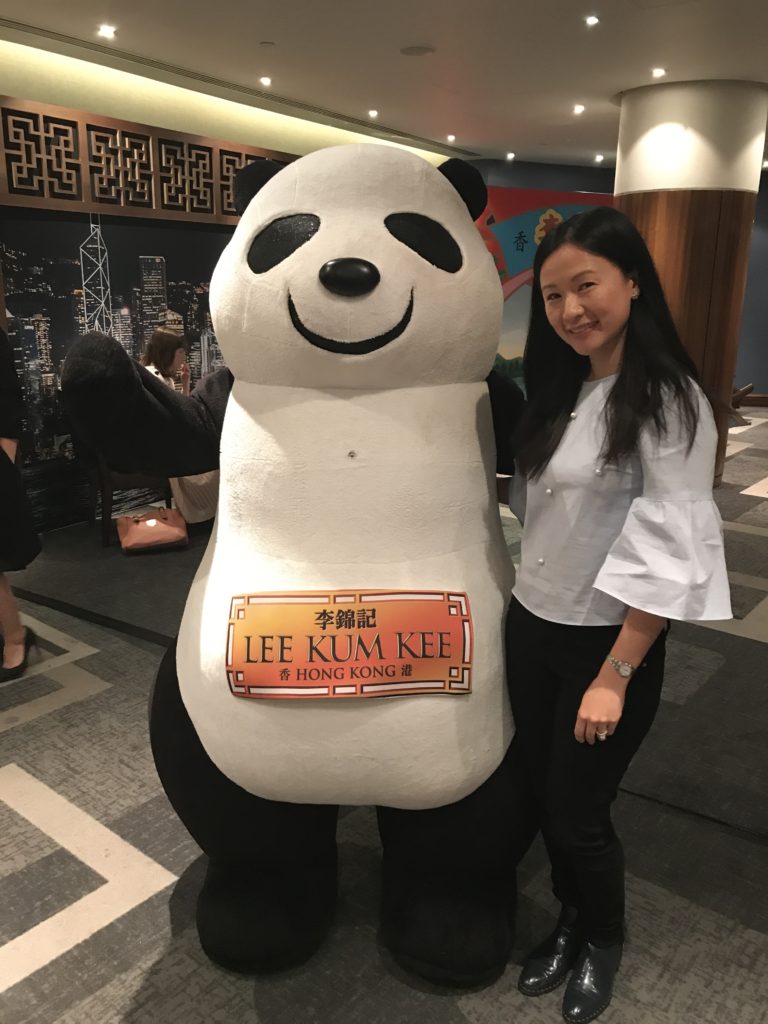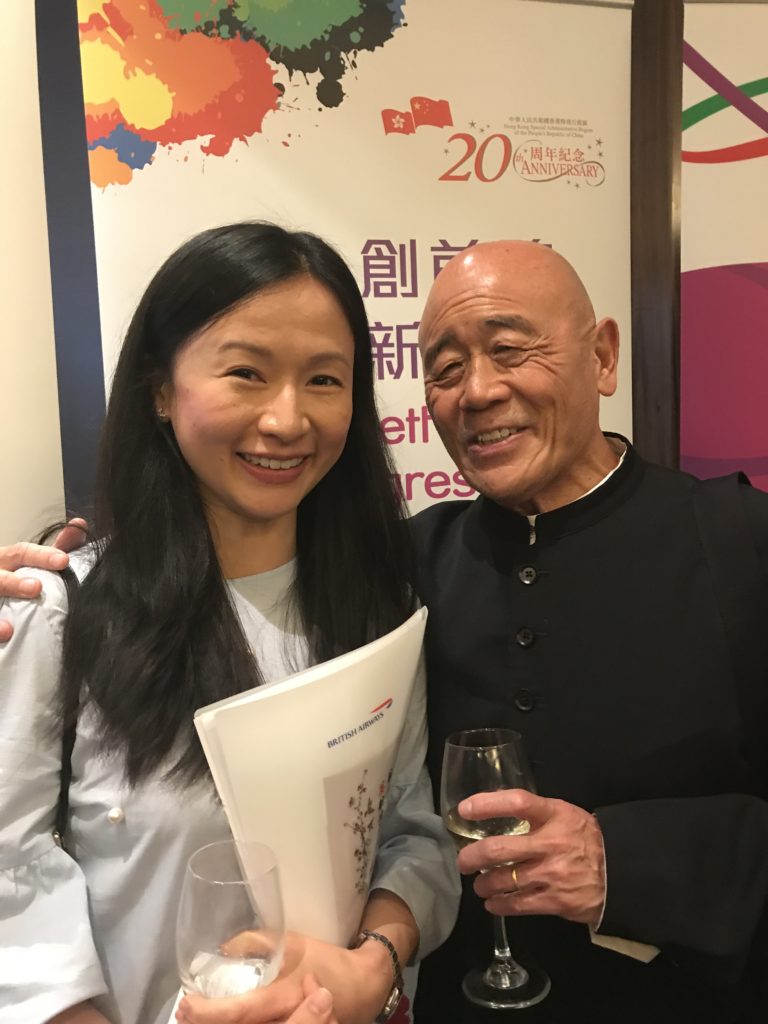In 2017, I wrote my MA thesis in the Anthropology of Food on what makes a ‘Made in Hong Kong’ food brand. I started thinking about food, city and postcolonialism but eventually ventured off to look at food, provenance, quality and identity.
I revisited this again recently as events unfolded in Hong Kong. What’s so interesting about food studies is that it is extremely multi-faceted – how we eat affects our nutrition, but it’s only as useful if we understand the reasons why we eat?
When I wrote this, the same year year marked the 20th anniversary of the city’s handover to mainland China. I was invited to a few celebratory events with the Hong Kong Economic and Trade Office (HKETO), Hong Kong government’s trade representative office in London, aligned with key Chinese traditional festivals from Dragonboat Race to Mid-autumn Festival.
What became obvious was the ways Hong Kong was portrayed. It was very much drawn upon the imagination and nostalgia for the ‘good, old days’. When I looked further into this, Hong Kong foods are strongly attached to the way of life during colonial times under the British, and a miracle economy which allowed many Chinese refugees to thrive in the tiny city that is Hong Kong.

This nostalgic idea of foods is very much used by food companies based in Hong Kong as a way of fusing the East and the West, sometimes described as ‘soy sauce western dishes’. One such example is Lee Kum Kee, with whom I have projects with, and a key sponsor to many of the events for the overseas Chinese based in London.
I have found the area of provenance a fascinating one because it is tied so closely to the social history of a place. But Hong Kong also has a complex relationship with the mainland in terms of food quality due to the extent of food safety scandals which have occurred in the past two decades. As most food imports come from the Mainland, however this comes as a complicated issue – and what it’s considered as a ‘dangerous other’. This is so important to understand what is ‘Made in Hong Kong’.

But when it comes to Chinese food overseas, the regional becomes a national distinction as, as East vs. West. This is why speaking to Chinese food experts like Ken Hom, who grew up in the Midwest, was so interesting. I do find these ideas very important as we think about what it means to be Chinese in this changing world. It’s never a constant identity, but one that is fluid and perhaps shaped by the environment and society you live in?

With Ken Hom, honorary guest at the HKETO event
An excerpt of my thesis is available here: https://www.academia.edu/38356883/_Made_in_Hong_Kong_food_labels-_two_case_studies_to_uncover_identity_politics_and_the_dangerous_other_.pdf

Howdy! Do you know if they make any plugins to
assist with SEO? I’m trying to get my blog to rank for some targeted keywords
but I’m not seeing very good results. If you know of any please share.
Thanks! I saw similar text here: Backlink Building
It’s very interesting! If you need help, look here: ARA Agency
Hey! Do you know if they make any plugins to
assist with Search Engine Optimization? I’m trying to get my blog to rank
for some targeted keywords but I’m not seeing very good results.
If you know of any please share. Thank you!
You can read similar text here: Sklep internetowy
Hey would you mind letting me know which hosting company you’re working with?
I’ve loaded your blog in 3 different web browsers and I must say this blog loads a lot faster then most.
Can you suggest a good internet hosting provider at a reasonable price?
Many thanks, I appreciate it! I saw similar here: E-commerce
Wow, superb weblog format! How lengthy have you been blogging for?
you made blogging look easy. The entire look of your web site
is magnificent, let alone the content! You can see similar here sklep online